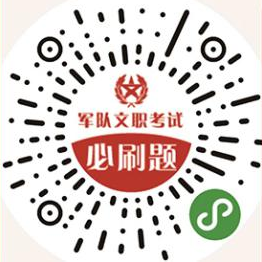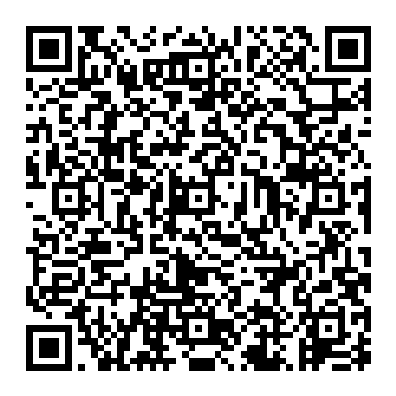2019解放军文职招聘考试教育学英语知识点674-解放军文职人员招聘-军队文职考试-红师教育
发布时间:2019-04-29 08:38:22(19)bring、take、carry、send、lift的用法:bring指从远处 拿来 take指从面前 拿走 carry指一般的搬运,不涉及方向;send主要指 送、派遣、寄 lift指把东西由低向高 提起、拎起 。例略。(20)hope、wish的用法:两个词都表示 希望 ,但是,hope表达有把握或信心实现的事情,后面直接跟动词不定式或者宾语从句,不可以跟动名词或作宾语补足语的不定式;wish表达实现的可能性不大的事情,后面跟名词、宾语从句(用过去时)或者作宾语补足语的不定式。如:We all hope to see him very soon. (我们全都希望尽快见到他)/ I hope it will be fine tomorrow so that we can go out. (我希望明天天好,这样我们就能出去了。)/ How I wish it was not raining at the moment!(我多么希望此刻不在下雨!)(事实上天正在下雨)(21)take、spend、pay、cost的用法:spend的宾语通常是金钱或时间,句型:sb.+(spend)+时间/金钱+on sth / (in) doing sth. ;take的主语通常是事情,句型:sth./It + (take)+sb.+时间+to do 。(如果是动作则常用it作形式主语将动词不定式后移);cost的宾语通常是时间、金钱、力气,句型:sth. +(cost)+sb.+时间/金钱/力气. ;pay的宾语通常是金钱,句型:sb.+(pay)+金钱+for+事物.如:She spent the whole night reading the novel. (她花了一个晚上看那本小说)/ This job will take me two days.=It will take me two days to do the job. (做这件事情要花我两天的时间)/ How much does a house like this cost? (像这样的房子要花多少钱?)/ I paid him twenty dollars for the book.. (我花了20元从他那儿买了书)(22)begin、start的用法:begin在大多数情况下可以替代start,(反义词是end),后面接不定式或动名词时区别不大,但是start还可以表示 开始、出发、启动 ,反义词是stop;某事停止后再重新开始一般用start.如:When did you begin/start to learn English? (你什么时候开始学英语的?)/ They started getting in the crops after the rain stopped. (雨停后他们开始收割庄稼) / This time he could not start his car. (这次他没法启动他的汽车)(23)arrive in/at、reach、get to的用法:arrive是不及物动词,到达具体地点时后面加介词at,到达一个大的地方(国家、城市)时后面加介词in,arrive后面可以直接跟地点副词here/there/home等;get表示 到达 时是不及物动词,涉及地点(无论大小)时后面加to,get后面可以直接跟地点副词here等;reach是及物动词,后面直接跟地点名词。如:He arrived in San Francisco last Sunday. (上个星期天他抵达旧金山)/ How did you get there in the night? (你是怎样在夜间到达那里的?)/ We hurried all the way and reached the station just five minutes before the train left. (我们一路狂奔在火车启动前5分钟到达车站)
2019解放军文职招聘考试教育学英语知识点482-解放军文职人员招聘-军队文职考试-红师教育
发布时间:2019-04-28 22:54:521. where指地点,在定语从句中做地点状语用来表示地点的定语从句。(1) Shanghai is the city where I was born.(2) The house where I lived ten years ago has been pulled down.2. when引导定语从句表示时间。在定语从句中做时间状语也可做连接词用(1) I still remember the day when I first came to the school.(2) The time when we got together finally came.[注]表示时间 time 一词的定语从句只用when引导,有时不用任何关系代词,当然也不用that引导。By the time you arrived in London, we had stayed there for two weeks.到你到达伦敦的时候,我们在那里已经待了两个星期。I still remember the first time I met her.我仍然记得我第一次见到她。Each time he goes to business trip, he brings a lot of living necessities, such as towels, soap, toothbrush etc。每一次他去出差,他带来了生活必需品,如毛巾,肥皂,牙刷等,很多。3. why指原因 在定语从句中做原因状语(1) Please tell me the reason why you missed the plane.(2) I don"t know the reason why he looks unhappy today.注意:关系副词引导的从句可以由 介词+关系代词 引导的从句替换(1) The reason why/ for which he refused the invitation is not clear.(2) From the year when/in which he was going to school he began to know what he wanted when he grew up.注:1)介词后面的关系代词不能省略。2)that前不能有介词。3) 某些在从句中充当时间,地点或原因状语的 介词+关系词 结构可以同关系副词when ,where和why 互换。





